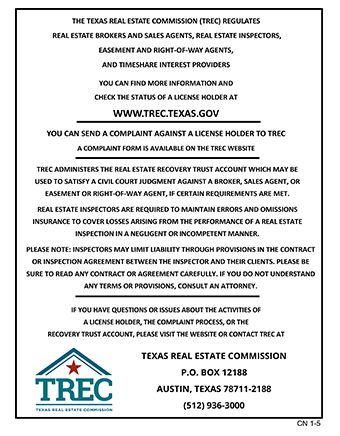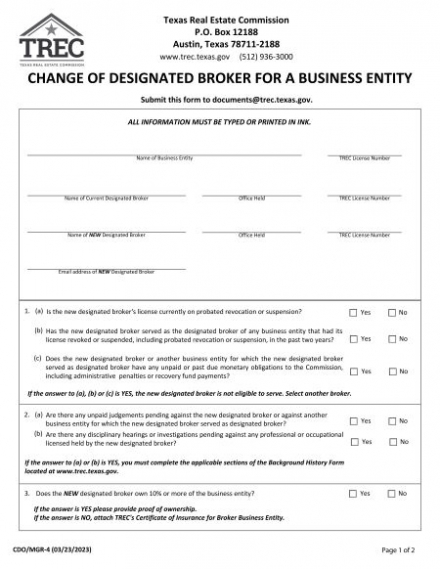Did you know that some day traders have more documents than a small country? In the world of day trading, brokers must navigate a labyrinth of compliance requirements to ensure they operate legally and transparently. This article breaks down the essential documentation needed for day trading brokers, covering everything from licensing and identification papers to financial statements and proof of address. We’ll also explore how brokers verify client identities, demonstrate regulatory compliance, and manage risks. Understanding these requirements is crucial for brokers and clients alike, ensuring smooth operations within the trading landscape. For in-depth information and guidance, our team at DayTradingBusiness is here to help you navigate these complexities.
What documents do day trading brokers need for licensing?
Day trading brokers need business registration documents, proof of financial stability, AML and KYC compliance forms, a broker-dealer license from FINRA or SEC registration, fingerprinting and background checks, and anti-money laundering policies to meet licensing requirements.
Which identification papers are required for broker compliance?
Day trading brokers need government-issued ID (passport, driver's license), proof of address (utility bill, bank statement), and sometimes a Social Security number or tax ID for compliance.
How do brokers verify client identities for day trading?
Brokers verify client identities for day trading by requiring government-issued ID like a driver’s license or passport, proof of address such as a utility bill or bank statement, and sometimes a Social Security number. They may also perform identity checks through third-party verification services or use facial recognition technology. These documents confirm your identity and ensure compliance with regulations like AML and KYC.
What financial statements must brokers submit?
Brokers must submit their balance sheet, income statement, and cash flow statement to comply with financial regulations.
Are tax documents necessary for broker licensing?
Yes, tax documents are necessary for broker licensing. They verify your identity, financial background, and tax compliance, which regulators require for licensing approval.
What proof of address do brokers need from clients?

Brokers typically need a government-issued ID plus a recent utility bill, bank statement, or official document showing your name and address.
How do brokers demonstrate regulatory compliance?
Day trading brokers demonstrate regulatory compliance by providing licensing certificates, anti-money laundering (AML) policies, client agreement forms, transaction records, and detailed audit logs. They also submit regular reports to regulators, maintain segregated client accounts, and follow Know Your Customer (KYC) procedures with verified identification. These documents show adherence to financial rules, transparency, and consumer protection standards.
What security and background checks are required?
Day trading brokers typically require government-issued ID, proof of address, and financial statements for identity verification. They may also conduct background checks to confirm your legal status and ensure compliance with anti-money laundering regulations. Some brokers ask for employment details or source of funds to evaluate your financial background.
What are the key legal documents for day trading brokers?
Day trading brokers need a license from financial regulatory authorities like the SEC or FCA, a Business Registration Certificate, AML and KYC policies, anti-fraud and compliance policies, client agreements outlining terms and risks, privacy policies, and detailed operational procedures. They also require financial statements, risk disclosures, and records of client transactions to meet reporting standards.
How do brokers show proof of business registration?

Brokers show proof of business registration with official documents like a business license, registration certificate, or incorporation paperwork. They may also provide a certificate of registration from the relevant government authority or a trade license. These documents confirm their legal status and compliance with local regulations.
What compliance reports must brokers file regularly?
Day trading brokers must file FINRA's Form BD (Broker-Dealer Registration) annually, along with Schedule 13D and 13G filings for significant shareholders. They also submit anti-money laundering (AML) reports like SARs (Suspicious Activity Reports) and CTRs (Currency Transaction Reports) regularly. Additionally, they must comply with SEC reports, including Form ADV updates, and maintain records of customer transactions for periodic review.
Which disclosures are mandatory for broker transparency?
Day trading brokers must disclose their fee structure, trading commissions, and spreads clearly. They need to reveal risks associated with trading, regulatory status, and any conflicts of interest. Disclosure of margin requirements, account types, and leverage options is essential. Brokers must also provide details about order execution policies and potential conflicts with clients. Transparency about data security and privacy policies is mandatory.
What risk management documentation is required?
Day trading brokers need risk management policies, internal controls, client risk assessments, compliance manuals, and documented procedures for margin and leverage management. They must also keep records of risk monitoring reports, incident logs, and staff training on risk protocols.
How do brokers verify source of funds?
Brokers verify source of funds by requesting documentation like bank statements, tax returns, or pay stubs to prove where your money comes from. They may also ask for proof of income, asset statements, or recent withdrawal records. This helps ensure your funds are legitimate and comply with anti-money laundering laws.
What documentation is needed for international clients?

For international clients, day trading brokers typically require a valid passport, proof of address (like a utility bill), and completed KYC forms. They may also ask for financial statements or proof of income to verify trading experience and financial stability. Some brokers need additional ID verification or source of funds documentation depending on the client's country.
Conclusion about What Documentation Do Day Trading Brokers Need for Compliance?
In summary, day trading brokers must navigate a complex landscape of documentation and compliance to operate effectively. From licensing and identification papers to financial statements and proof of address, each element plays a crucial role in ensuring regulatory adherence. Brokers also need to demonstrate transparency through mandatory disclosures and regular compliance reports. For traders seeking reliable partners, understanding these requirements is essential, and resources like DayTradingBusiness can provide valuable insights into navigating this intricate process.